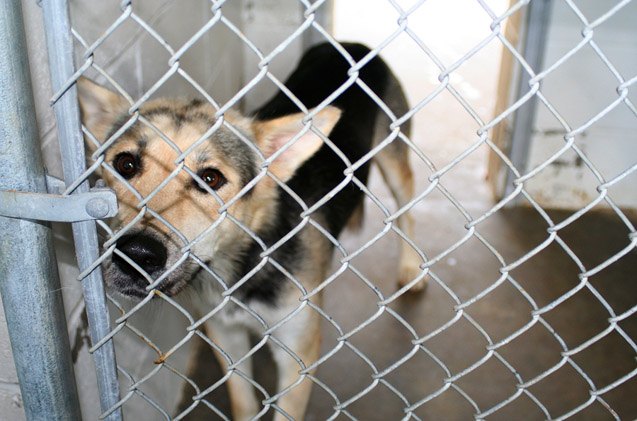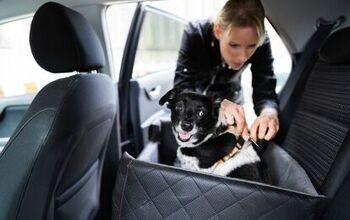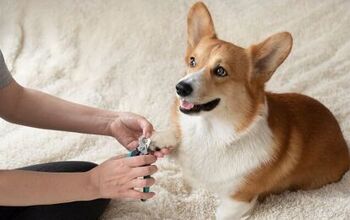Survey Helps Researchers Understand Why People Surrender Their Pets

The numbers are staggering – 7.6 million animals enter shelters in the United States per year according to the ASPCA… but why and how do they end up there? The University of Lincoln is trying to find out the reasons behind owner surrenders with a comprehensive and anonymous survey. Knowledge is power, and if we can figure out why, perhaps we can help to lower that number.
There are plenty of reasons behind a person can be forced to give up their pet – finances, health, big life change, behavior problems, etc. It’s the reason I’m in the business I am: to work from the owner’s end to prevent dogs from ending up in hopeless situations.
But the bottom line is sometimes a dog just isn’t the right fit. In these extreme situations where the owner has taken the appropriate steps to ensure the dog’s well-being and it still isn’t feasible, sometimes there is no other option. Unfortunately, the stigma is terrible for people in this situation.
The idea of this online survey is to allow people to answer honestly without prejudice about why they were unable to keep their pet. At first, previous surveys were done at the shelters upon intake. But this type of questioning, when people were agitated and the emotions were high, led to results that can’t be taken as fact.
The online survey takes between fifteen to twenty minutes and can provide valuable insight into the reasons behind surrender. If a pattern can be established, then hopefully we can work toward a world where the shelters aren’t overflowing with unwanted pets.
For more information or to take the survey, please visit the Dog Relinquishment Survey.
[Source: Scientific American]

Rachel Leavy lives in Rochester, New York with her dog, Maria, and her gecko, Nigel. She has loved animals all her life, and has owned her own dog training and walking company for five years. When she's not playing with puppies, she can usually be found writing short stories, riding horses or out at a play.
More by Rachel Leavy























